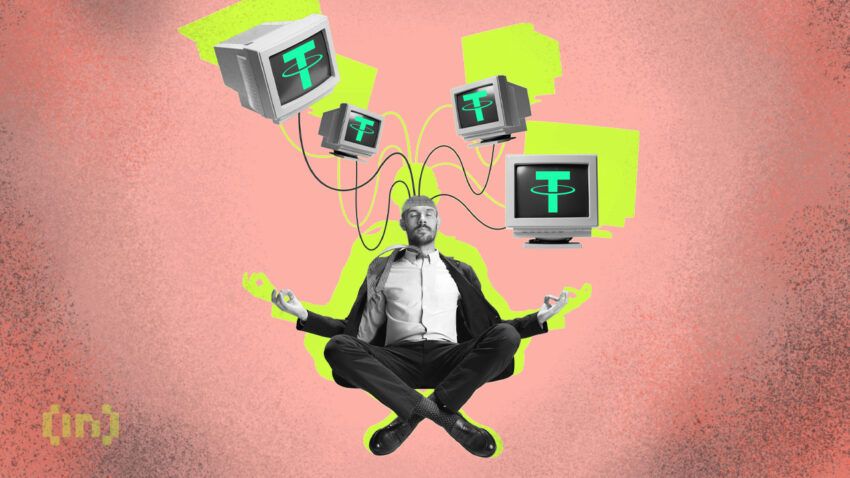Venezuela’s state-run oil company PDVSA is pivoting to cryptocurrency, specifically Tether (USDT), to circumvent renewed US sanctions.
This strategic shift aims to safeguard the country’s oil sale proceeds from being frozen in foreign bank accounts. The urgency intensifies as the US Treasury Department clamps down on the oil-rich nation due to unmet demands for electoral reforms.
What Challenges Venezuela’s Shift to USDT Might Face
According to Reuters, the US Treasury announced it would not renew a general license for PDVSA. Additionally, the US Treasury set a deadline of May 31 for PDVSA to wind down its operations.
This decision is part of a broader push by Washington to pressure Venezuela to make political changes, complicating Venezuela’s efforts to boost oil production and exports. As traditional banking avenues close, PDVSA’s turn to USDT reflects a growing trend of integrating cryptocurrency into global oil trading, albeit still nascent.
“We have different currencies, according to what is stated in contracts,” Venezuelan Oil Minister Pedro Tellechea noted.
Read more: 9 Best Crypto Wallets to Store Tether (USDT)
Tellechea’s remark highlights the flexibility PDVSA is integrating into its payment systems. The global oil market predominantly transacts in US dollars, making the shift to cryptocurrency a notable divergence.
PDVSA’s gradual shift towards cryptocurrency began last year but gained momentum following US sanctions‘ reimposition. Consequently, by the end of the first quarter, PDVSA had moved many of its spot oil deals to a model that demands prepayment of half the cargo’s value in USDT.
Moreover, the company also mandates that new customers who engage in oil transactions hold cryptocurrency. PDVSA is also retroactively applying this requirement to some existing contracts.
However, this change has its challenges. The use of USDT for large transactions such as oil sales is still rare and meets skepticism within trading sectors.
“USDT transactions, as PDVSA is demanding them to be, don’t pass any trader’s compliance department, so the only way to make it work is working with an intermediary,” an oil trader said.
While necessary to meet digital transaction requirements, this reliance on intermediaries could lead to a smaller portion of the oil proceeds reaching PDVSA’s accounts as middlemen take their cut.
The effectiveness and security of using cryptocurrencies like USDT in circumventing sanctions are under scrutiny.
Tether has been proactive in freezing accounts related to OFAC violations, indicating a compliance posture that aligns with US regulations. Furthermore, the traceability of blockchain transactions adds another layer of complexity, potentially exposing illicit activities.
Read more: 8 Best On-Chain Analysis Tools in 2024
Guillermo Fernandes, founder of blockchain analysis firm Blockpliance, expressed skepticism about the immediate adoption of cryptocurrency for such purposes.
“While I understand that crypto offers many advantages for international oil trade, it is hard to justify Venezuela turning to the crypto system without first establishing a local regulatory framework and a national reconciling body that can respond and publish an effective balance of payments for national crude sales.” Fernandes told BeInCrypto.
However, Minister Tellechea remains optimistic about Venezuela’s ability to navigate the sanctions and expand its oil and gas projects.
Disclaimer
In adherence to the Trust Project guidelines, BeInCrypto is committed to unbiased, transparent reporting. This news article aims to provide accurate, timely information. However, readers are advised to verify facts independently and consult with a professional before making any decisions based on this content. Please note that our Terms and Conditions, Privacy Policy, and Disclaimers have been updated.

